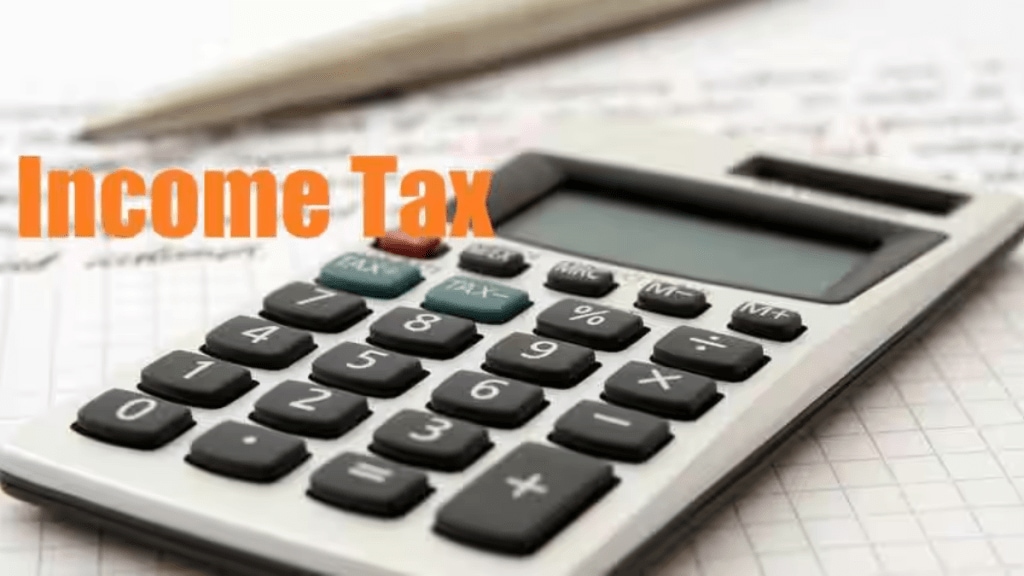The Union Budget 2025 has been widely praised for its focus on increasing disposable income, simplifying taxation, and strengthening India’s economic pillars—Democracy, Demography, and Demand. One of the most significant announcements was the increase in income tax exemption to Rs 12 lakh, a move aimed at benefiting the middle class and stimulating household consumption.
Industry Leaders Hail the Budget
Radhika Gupta, MD & CEO of Edelweiss Mutual Fund, welcomed the budget, calling it a decisive step in boosting consumption.
“Consumption is the word of the day! Heard a lot of chatter in the morning about what could possibly be done in the budget given the economic backdrop and global turmoil. I think it’s a budget that addresses the needs of the here and now—putting money into the hands of people to go out and consume. And 7.5 to 12L as exemption is a bold, not incremental move,” states Gupta on X.
This focus on household spending and economic resilience is expected to drive demand, increase savings, and encourage investments, further fueling India’s growth trajectory.
Middle-Class Relief: Higher Income Tax Exemption
One of the most impactful measures in the budget was the revision of income tax slabs, ensuring substantial relief for salaried employees.
- The income tax exemption limit has been raised to Rs 12 lakh per year, benefiting millions of middle-class taxpayers.
- With the Standard Deduction of Rs 75,000, salaried individuals earning up to Rs 12.75 lakh annually will not have to pay any income tax.
- This restructuring aims to leave more money in the hands of the middle class, boosting consumer spending and increasing disposable income.
Strengthening India’s Economy
Finance Minister Nirmala Sitharaman emphasised the role of consumption as a key driver of growth. The revised tax structure will reduce the tax burden on the middle class, enabling increased spending on essential and discretionary goods, services, and investments.
The government’s approach aligns with its long-term vision of “Viksit Bharat”, ensuring that economic growth benefits all sections of society, particularly the salaried class and small businesses that form the backbone of the economy.
Impact on Savings and Investment
With lower tax liabilities, households are expected to have more disposable income, leading to:
- Increased household savings
- Higher investments in financial markets, mutual funds, and real estate
- Greater spending on education, healthcare, and travel
These factors will boost business revenues, improve investor confidence, and accelerate economic expansion.
The Union Budget 2025 delivers a strong push for economic growth through tax relief, increased consumer spending, and a focus on financial well-being. By empowering the middle class with more disposable income, the government has set the stage for a demand-driven economy that will propel India towards its Viksit Bharat 2047 vision. With industry leaders praising the budget for its bold and progressive approach, the future looks promising for both consumers and businesses alike.

